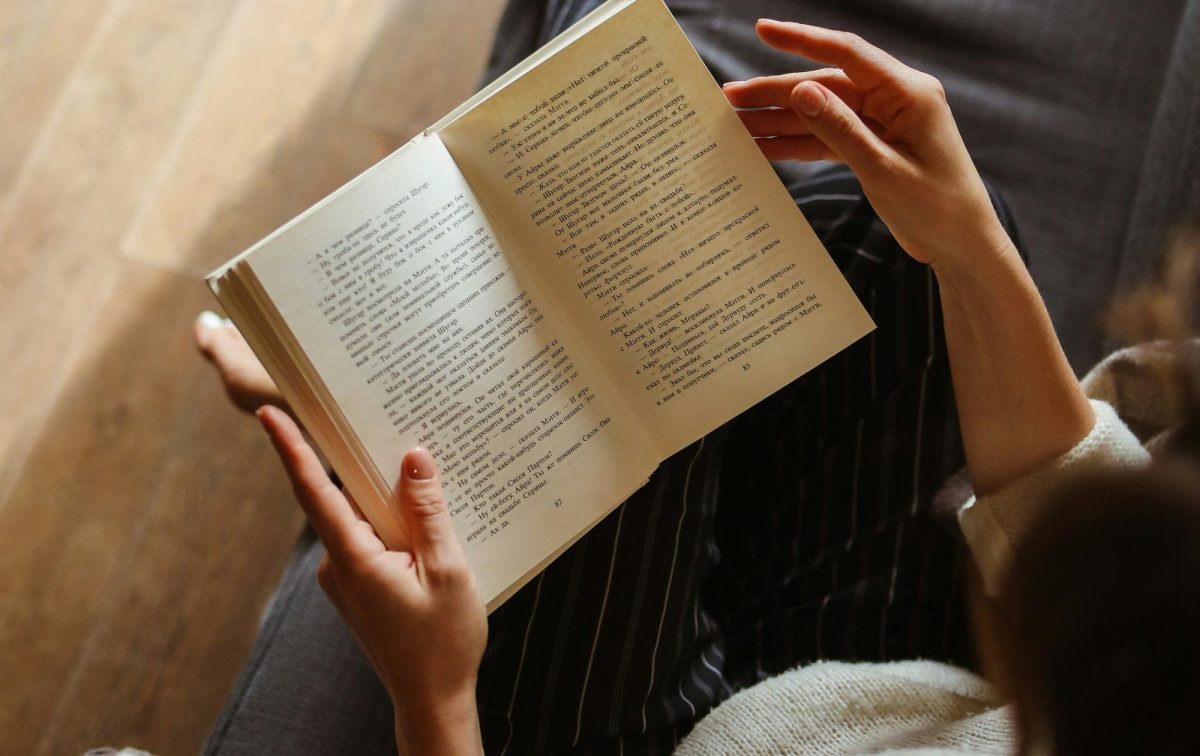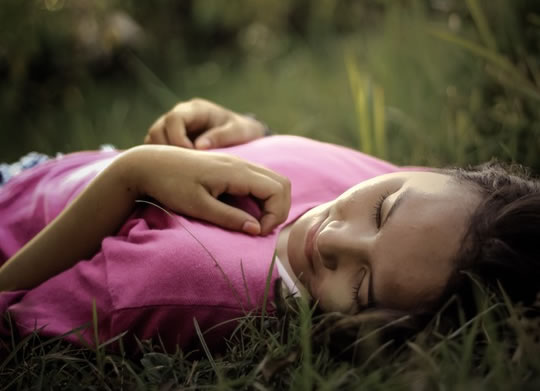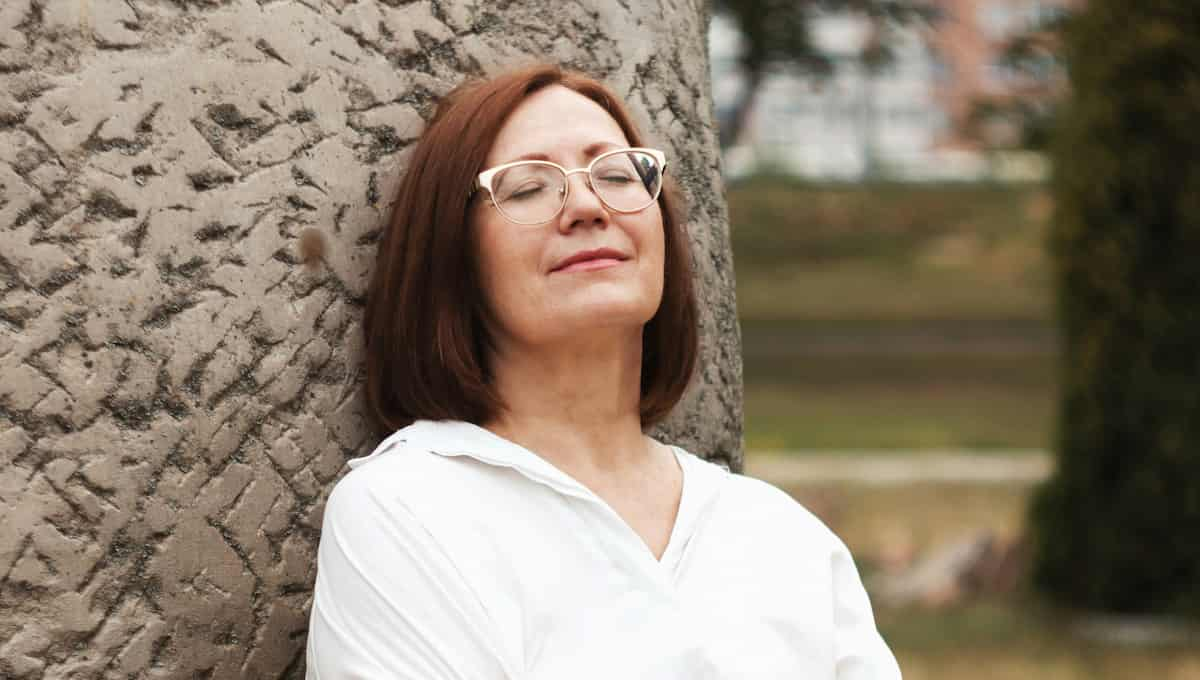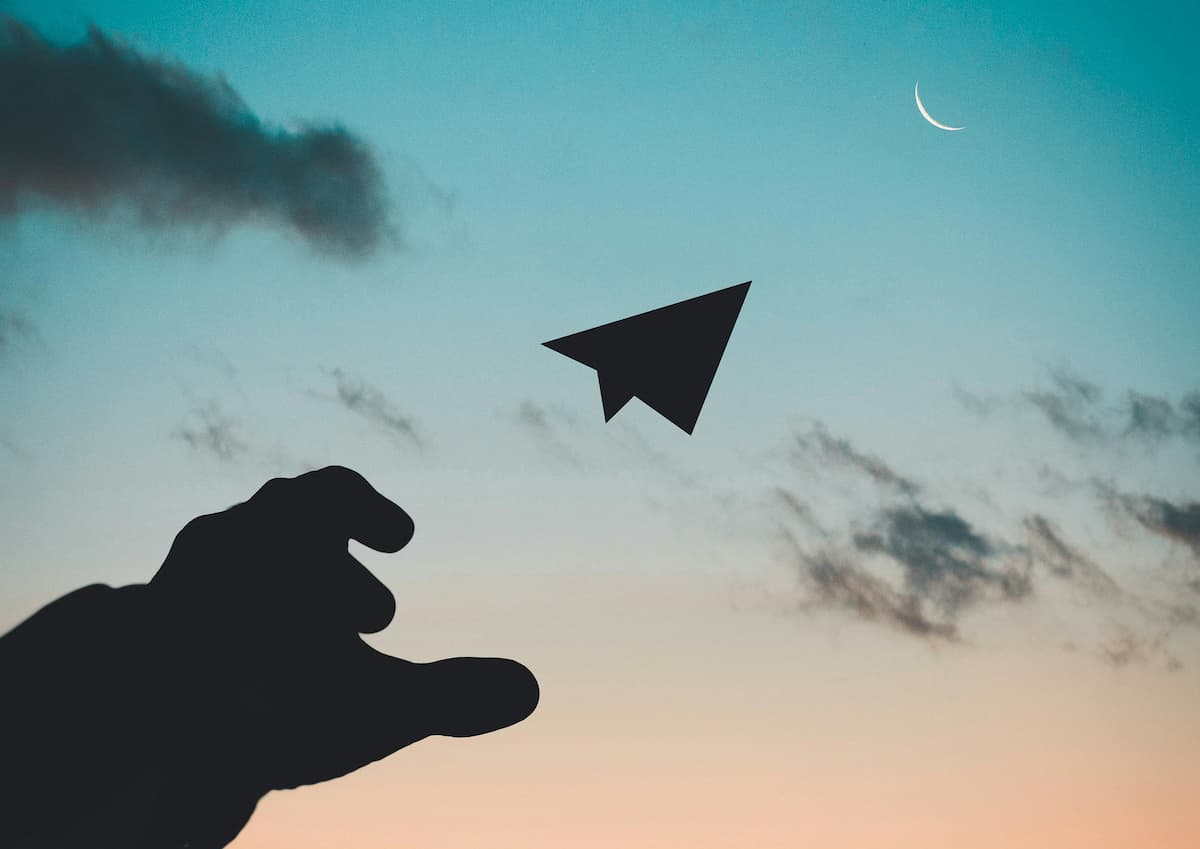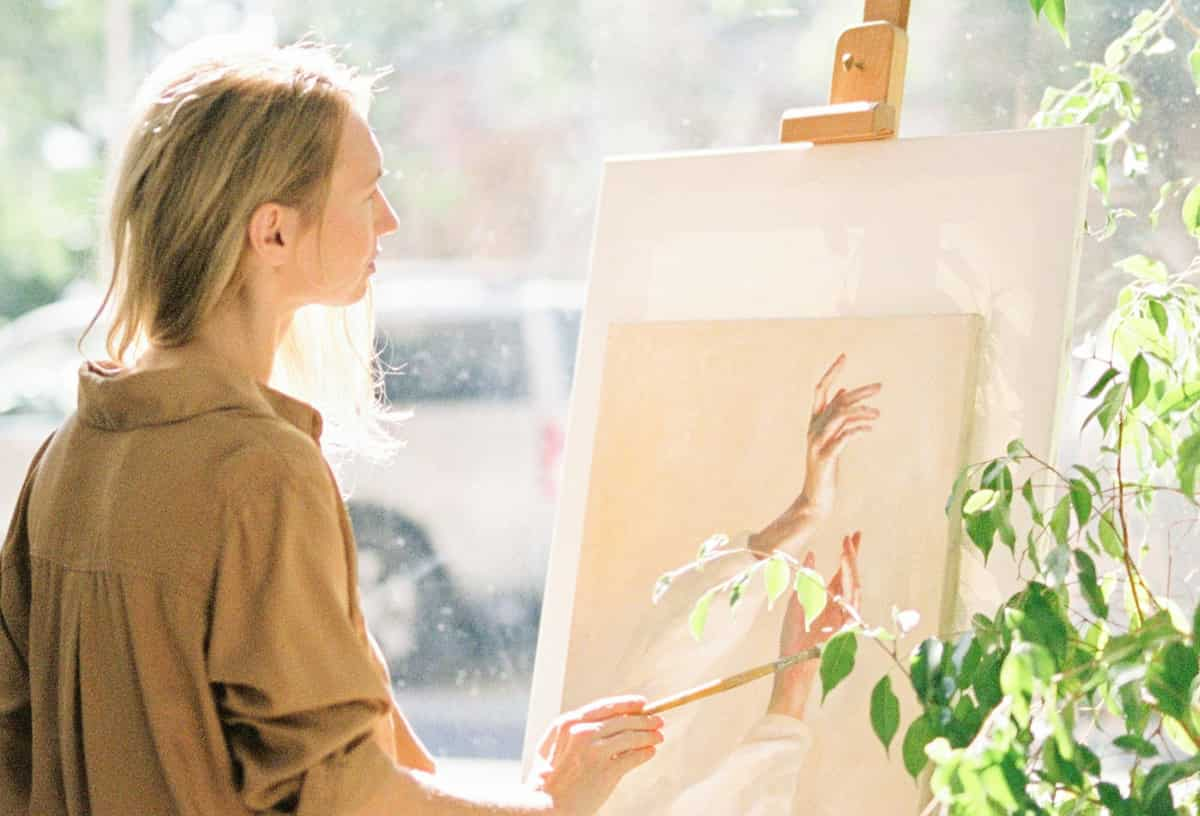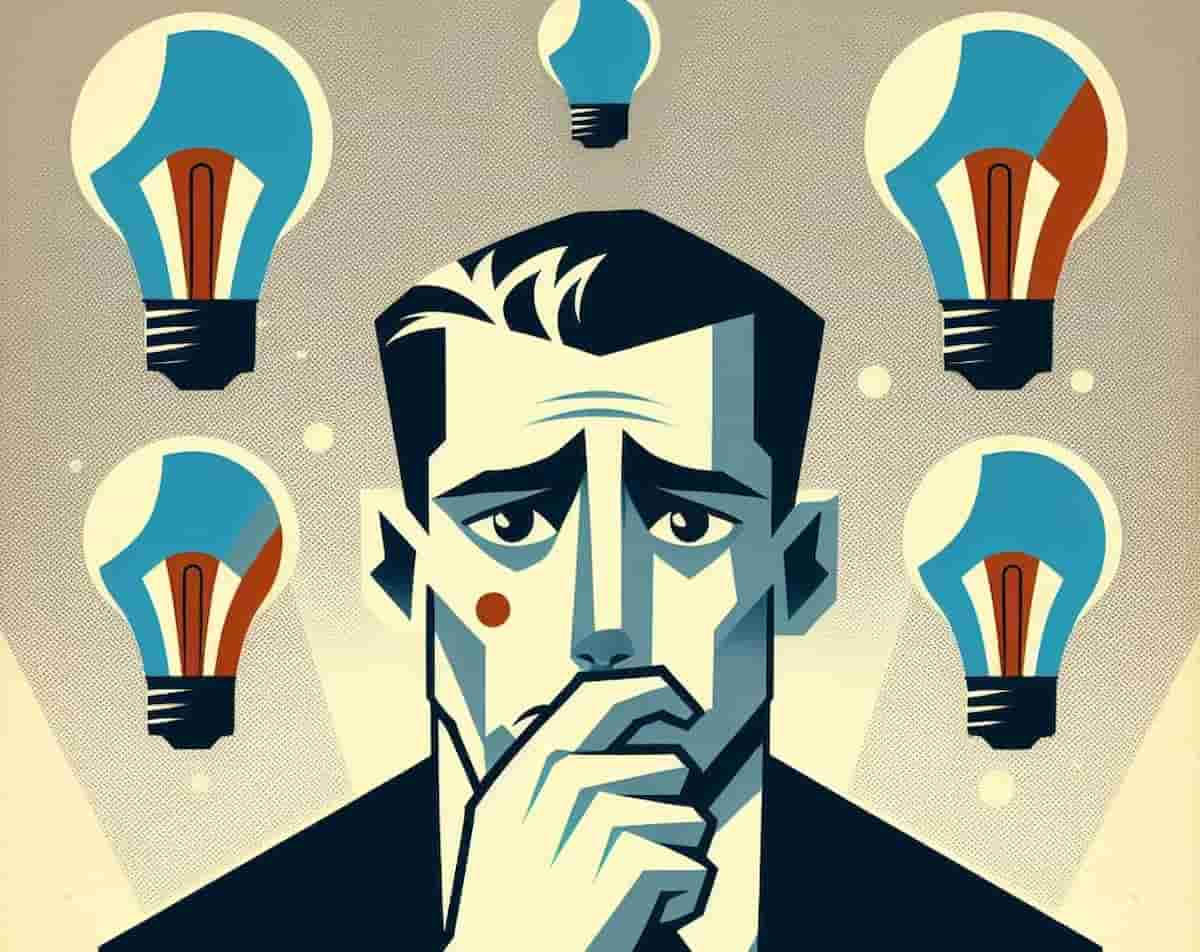How does personality predict success in writing, the visual arts, invention, music, dance and science?
How does personality predict success in writing, the visual arts, invention, music, dance and science?
Being open to experience and intelligent are linked to greater creative achievement in life, research finds.
People high on these traits are more likely to have professional (paid) success in writing, the visual arts, invention, music, dance and science.
People who are open to experience are more likely to be imaginative, sensitive to their feelings, intellectually curious and seekers of variety.
Openness to experience also measures how much you like trying out new ideas or activities.
Intelligence and openness, though, bias people towards different domains:
- For scientific creativity, intelligence is linked to greater achievement.
- For artistic creativity, being open to experience is linked to greater achievement.
The link between intelligence and science, as well as openness and the arts, was also seen at the genetic level.
The study’s authors explain:
“While both openness and intelligence were correlated with creative achievement in both domains, the correlation between openness and artistic achievement was twice as strong as that between openness and scientific achievement.
At the same time, the correlation between intelligence and scientific achievement was more than twice that between intelligence and artistic achievement.”
The results come from a Swedish study of 9,537 twins.
All were given personality tests, along with being asked about their creative achievements in areas including writing, visual arts, invention, music, dance and science.
Twins were included in the study to test the influence of genetics and the environment on creativity.
The authors explain the genetic results:
“Genes associated with intelligence, however, played a significantly greater role in scientific achievement than in artistic achievement.
In fact, the majority of genetic influences on intelligence were also involved in scientific creative achievement.”
The varying importance of intelligence and openness across scientific and artistic domains probably comes down to the different demands, the authors write:
“…artistic and scientific domains will generally place different demands on […] creative problem solving.
For example […] scientific creativity, on average, operates under greater constraint and requires greater top-down cognitive control than does artistic creativity, while artistic creativity, in contrast to scientific creativity, depends more on spontaneous associations, emotional involvement and the expression of affect.”
The study was published in the journal Intelligence (Manzano & Ullén, 2018).


